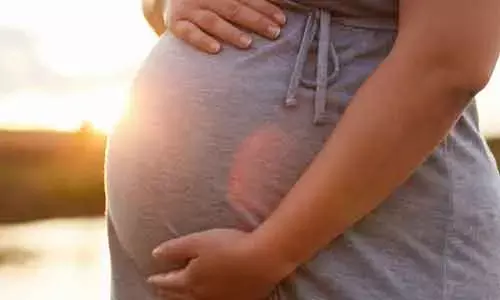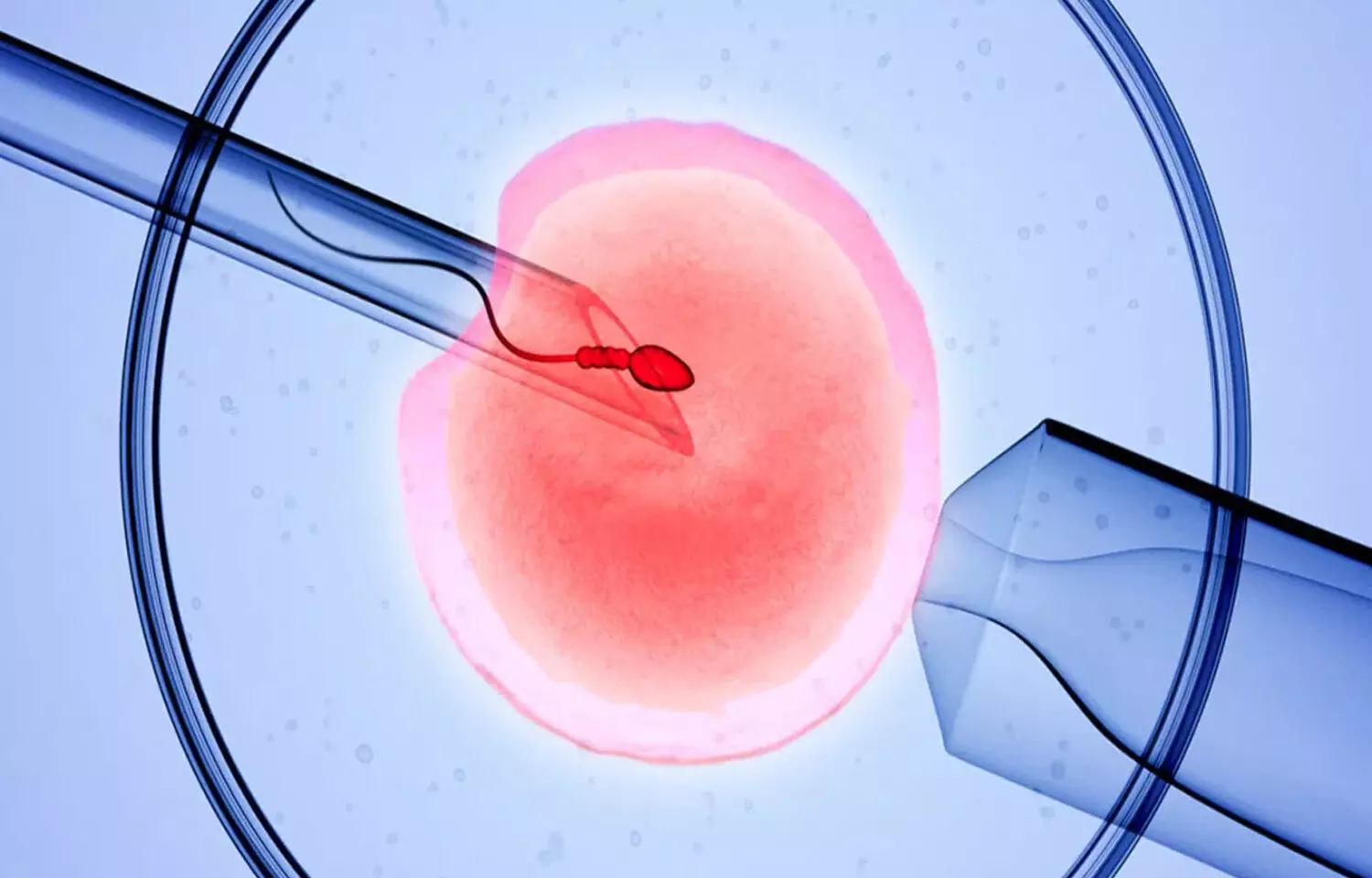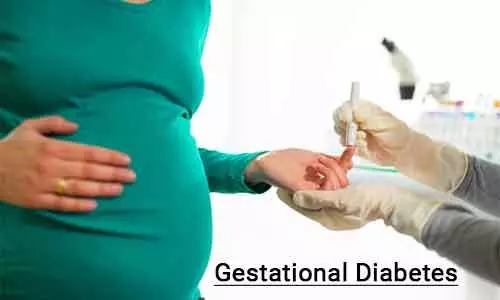- Home
- Medical news & Guidelines
- Anesthesiology
- Cardiology and CTVS
- Critical Care
- Dentistry
- Dermatology
- Diabetes and Endocrinology
- ENT
- Gastroenterology
- Medicine
- Nephrology
- Neurology
- Obstretics-Gynaecology
- Oncology
- Ophthalmology
- Orthopaedics
- Pediatrics-Neonatology
- Psychiatry
- Pulmonology
- Radiology
- Surgery
- Urology
- Laboratory Medicine
- Diet
- Nursing
- Paramedical
- Physiotherapy
- Health news
- Fact Check
- Bone Health Fact Check
- Brain Health Fact Check
- Cancer Related Fact Check
- Child Care Fact Check
- Dental and oral health fact check
- Diabetes and metabolic health fact check
- Diet and Nutrition Fact Check
- Eye and ENT Care Fact Check
- Fitness fact check
- Gut health fact check
- Heart health fact check
- Kidney health fact check
- Medical education fact check
- Men's health fact check
- Respiratory fact check
- Skin and hair care fact check
- Vaccine and Immunization fact check
- Women's health fact check
- AYUSH
- State News
- Andaman and Nicobar Islands
- Andhra Pradesh
- Arunachal Pradesh
- Assam
- Bihar
- Chandigarh
- Chattisgarh
- Dadra and Nagar Haveli
- Daman and Diu
- Delhi
- Goa
- Gujarat
- Haryana
- Himachal Pradesh
- Jammu & Kashmir
- Jharkhand
- Karnataka
- Kerala
- Ladakh
- Lakshadweep
- Madhya Pradesh
- Maharashtra
- Manipur
- Meghalaya
- Mizoram
- Nagaland
- Odisha
- Puducherry
- Punjab
- Rajasthan
- Sikkim
- Tamil Nadu
- Telangana
- Tripura
- Uttar Pradesh
- Uttrakhand
- West Bengal
- Medical Education
- Industry
Higher vitamin D levels protect pregnant women from preeclampsia: Study

China: Higher serum levels and dietary intake of vitamin D (VD) lowers the risk of preeclampsia (PE) in pregnant women, finds a recent study in the British Journal of Nutrition.
Preeclampsia is a pregnancy complication characterized by dangerously high blood pressure and signs of damage to another organ system, most often the kidneys and liver.
The association between vitamin D and preeclampsia risk is uncertain. Only a few previous studies have focused on the relationship between dietary vitamin D intake and PE risk. , Zhengzhou University, Zhengzhou, Henan, China, and colleagues, therefore, conducted a 1:1 matched case-control study to explore the association of dietary vitamin D intake and serum vitamin D concentrations with PE risk in Chinese pregnant women.
The researchers recruited a total of 440 pairs of participants from March 2016 to June 2019. Dietary information was obtained using a 78-item semi-quantitative food frequency questionnaire. Liquid chromatography-tandem mass spectrometry was used to measure serum concentrations of 25(OH)D2 and 25(OH)D3. Restricted cubic splines (RCS) were plotted to evaluate the dose-response relationship of dietary VD intake and serum VD concentrations with PE risk.
Key findings of the study include:
- Compared with the lowest quartile, the ORs of the highest quartile were 0.45 for VD dietary intake and 0.26 for serum levels after adjusting for confounders.
- The RCS analysis suggested a reverse J-shaped relationship between dietary VD intake and PE risk.
- A similar association was also found between serum concentrations of total 25(OH)D and PE risk.
Our study provides evidence that higher dietary intake and serum levels of VD are associated with the lower risk of PE in Chinese pregnant women, concluded the authors.
Reference:
The study titled, "Dietary and serum vitamin D and preeclampsia risk in Chinese pregnant women: a matched case–control study," is published in the British Journal of Nutrition.
DOI: https://doi.org/10.1017/S0007114521002956
Dr Kamal Kant Kohli-MBBS, DTCD- a chest specialist with more than 30 years of practice and a flair for writing clinical articles, Dr Kamal Kant Kohli joined Medical Dialogues as a Chief Editor of Medical News. Besides writing articles, as an editor, he proofreads and verifies all the medical content published on Medical Dialogues including those coming from journals, studies,medical conferences,guidelines etc. Email: drkohli@medicaldialogues.in. Contact no. 011-43720751




